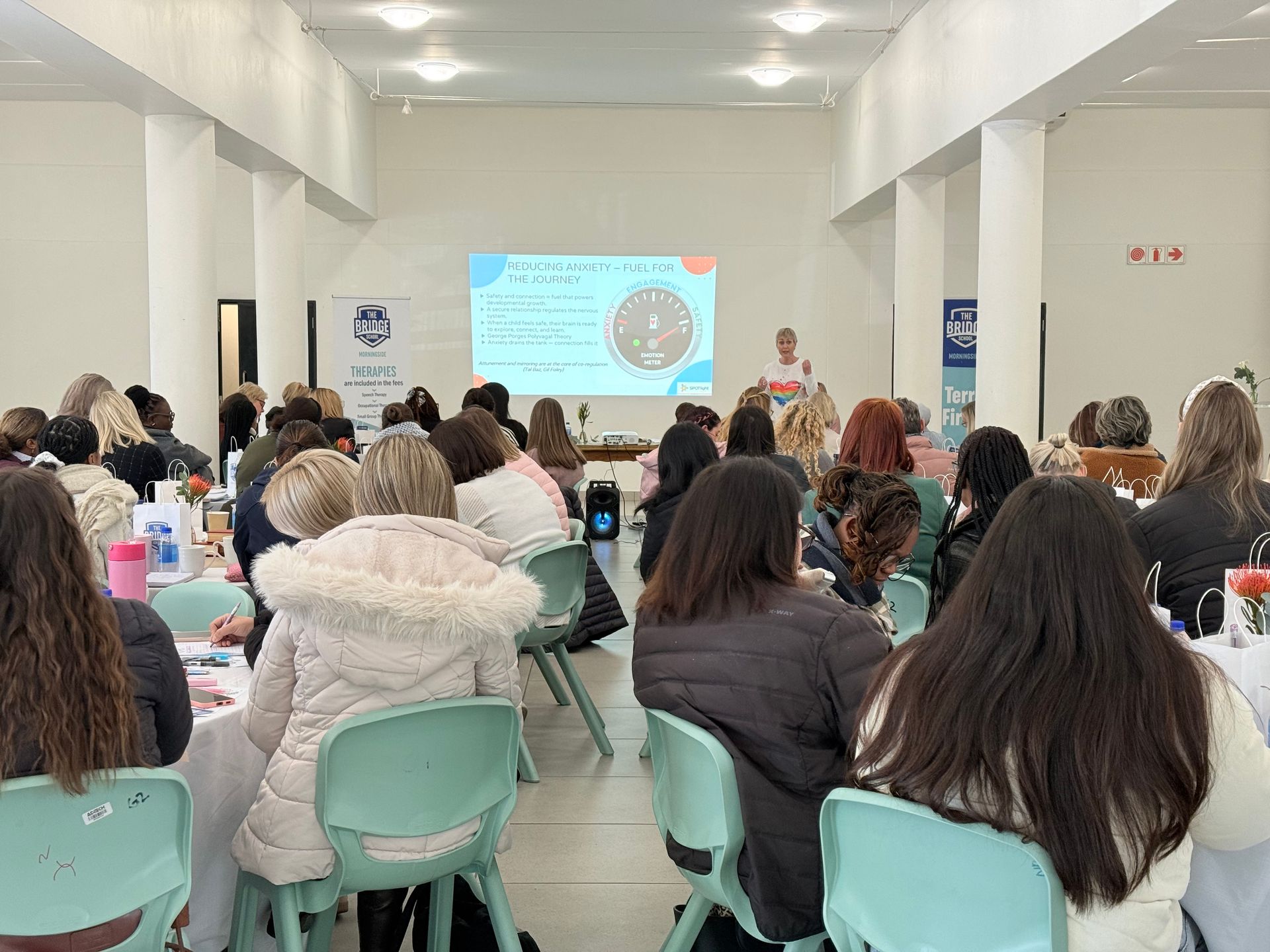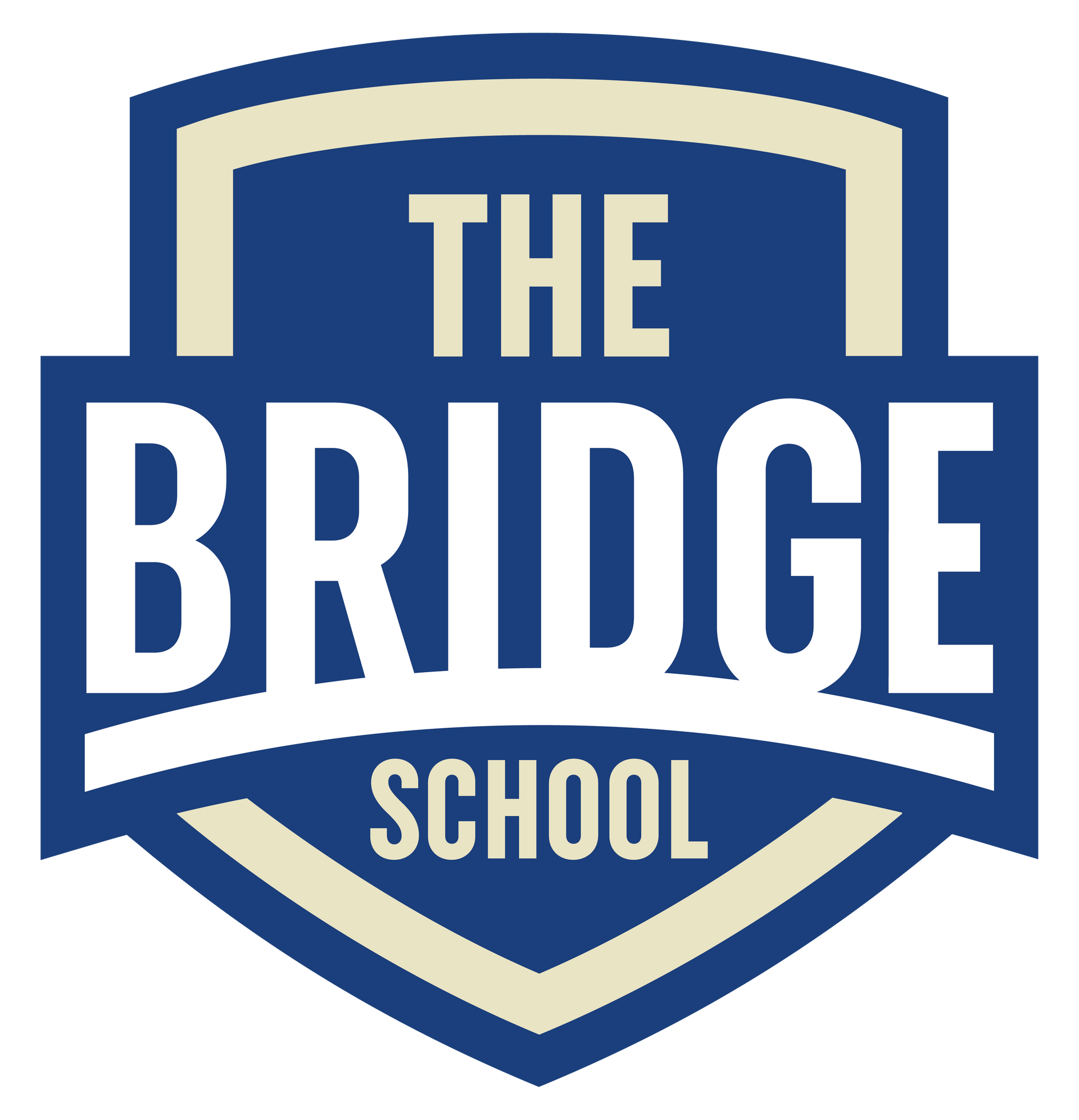Moving Forward when Mainstream Schooling is not an Option
Choosing the best school for your child is one of the most important decisions a parent must make. This decision, while exciting, can also be a daunting and pivotal moment for both you and your child, and is a deeply personal one. It involves the exploration of your child’s passions and potential. While academic excellence is often a significant factor in the decision-making, parents must also consider the importance of a school's values, its commitment to fostering a safe and inclusive community, and its ability to support your child's social and emotional development. The ideal school is a place where children can flourish and grow as well-rounded individuals.
It is, therefore, essential to embark on this journey of choice with a clear understanding of your child's individual needs, strengths, and aspirations. And this is particularly the case for parents of neurodivergent children with unique needs.
Including a child with specific educational need in a regular classroom alongside their typically developing peers, is not always the best option for every child. Parents may come to the realisation that their child would be better served in a different educational setting. If that is the case, this is a decision that requires time, research, and open communication with your child.
Here are some tips for parents on dealing with this realisation and the process to follow to determine what school would suit their child:
- Accept Your Child's Unique Needs: Recognise that every child is unique, and what works for one child may not work for another. Accepting your child's unique needs without judgment is the first step in making the right educational choice for them.
- Consult with Professionals: Seek input from educational professionals, such as teachers, school counsellors, and therapists. They can provide valuable insights into your child's specific needs and help you explore a neurodiverse schooling option.
- Evaluate Your Child's Strengths and Challenges: Conduct a comprehensive assessment of your child's strengths, challenges, and learning style. Understanding your child's specific needs will guide your decision-making process.
- Visit Schools: Schedule visits to potential schools to get a feel for the environment, meet teachers, and observe classes. Pay attention to how the school accommodates children with similar needs to your child.
- Talk to Other Parents: Connect with other parents who have children with similar needs. They can provide valuable insights and recommendations based on their experiences.
- Transition Planning: If your child is currently in a traditional mainstream school, work with the school and professionals to create a transition plan that ensures a smooth move to the new educational setting.
- Stay Informed: Continuously educate yourself about your child's specific needs and the educational options available to them.
- Trust Your Instincts: Ultimately, trust your instincts as a parent. You know your child best, and your goal is to provide them with the best possible education and support.
At The Bridge Assisted Learning School we follow a neurodiverse perspective that is tailored to the individual needs of each student. Our Neurodiverse approach recognises that students learn and acquire information differently and we create unique learning paths to lead our students to success, starting from Grade R to Grade 12.
Remember that the decision to move away from traditional mainstreaming is not a sign of failure but rather a proactive step to ensure your child receives the education and support they need to thrive.











